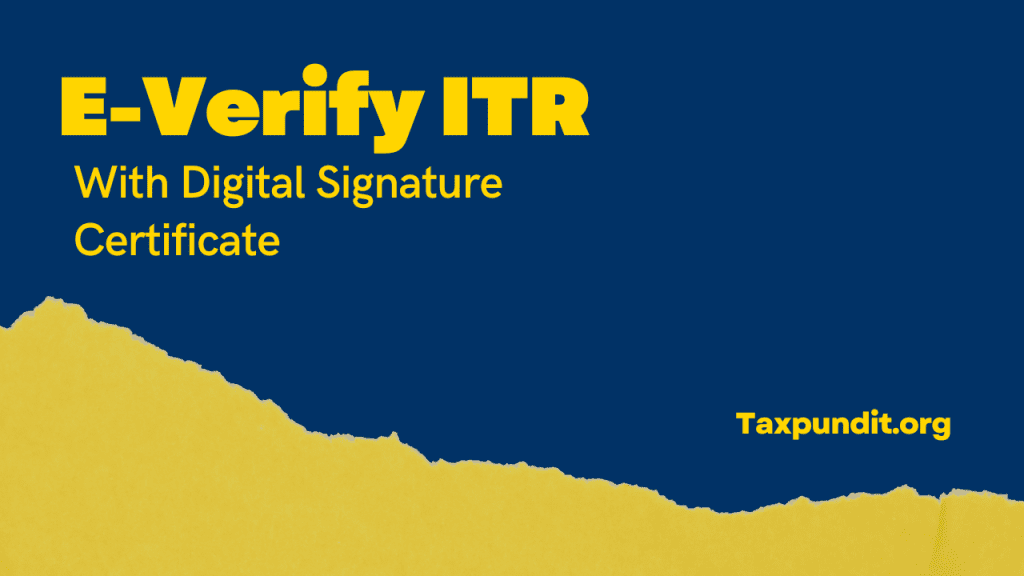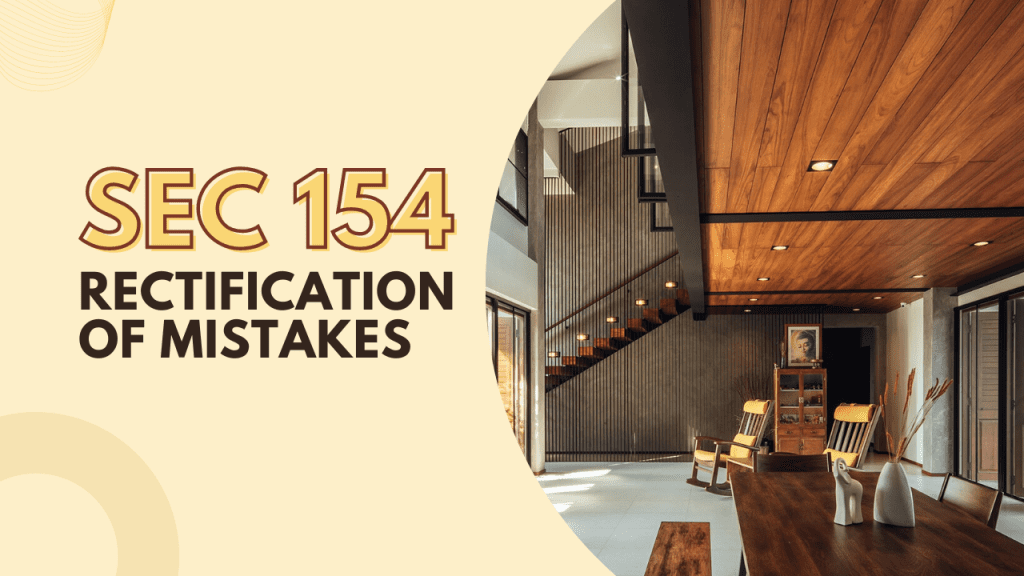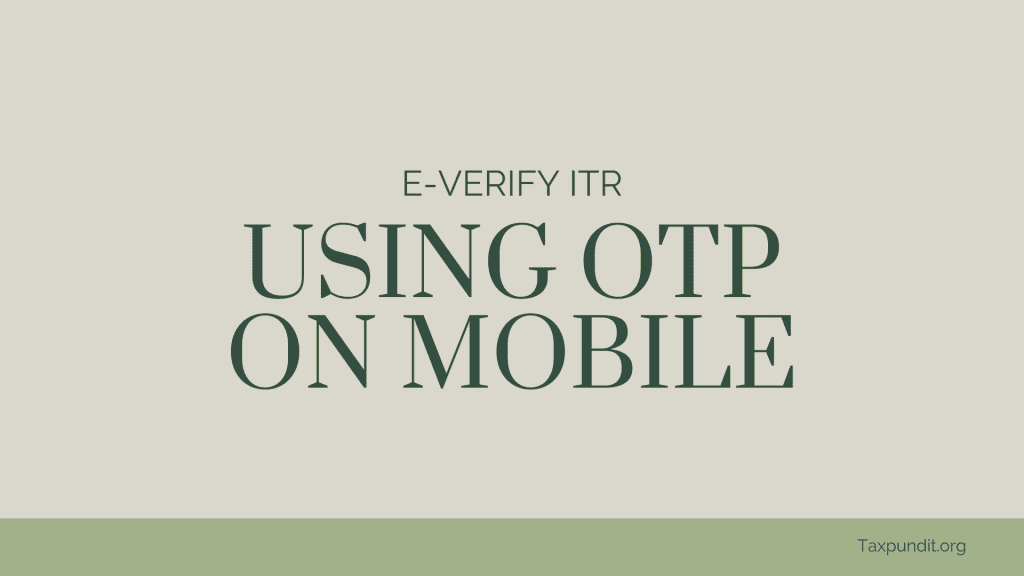Capital gain tax on Sale of Residential Property : Section 54 of Income Tax Act gives relief to a taxpayer (Individual or HUF) who sells his residential property and from the sale proceeds he acquires another residential house.
An Individual or HUF who sells a residential property should report such income or loss as Capital Gains in the Income Tax Return and pay tax on it at the applicable rate. Capital Gain Tax on sale of property or land is determined on the basis of the nature of the capital gain i.e. long term (LTCG) or short term (STCG). While the STCG on sale of immovable property is taxable at slab rates, the LTCG on sale of immovable property is taxable at 20% with indexation benefit under Section 112 of Income Tax Act.
The detailed provisions on how to claim exemption under Section 54 on sale of residential property are discussed in this article.
Conditions to be Fulfilled
A. There should be a transfer of residential house (buildings or lands appurtenant thereto)
B. It must be a long-term capital asset
C. Income from such house should be chargeable under the head “Income from house property”
D. Where the amount of capital gains exceeds Rs. 2 crore :-
Where the amount of capital gain exceeds Rs. 2 crore, one residential house in India should be –
a. purchased within 1 year before or 2 years after the date of
transfer; (or)
b. constructed within a period of 3 years after the date of transfer.
Where the amount of capital gains does not exceed Rs. 2 crore :-
Where the amount of capital gains does not exceed Rs. 2 crore, the assessee i.e., individual or HUF, may at his option,
a. purchase two residential houses in India within 1 year before or 2 years after the date of transfer (or)
b. construct two residential houses in India within a period of 3 years after the date of transfer.
Where during any assessment year, the assessee has exercised the option to purchase or construct two residential houses in India, he shall not be subsequently entitled to exercise the option for the same or any other assessment year.
This implies that if an assessee has availed the option of claiming benefit of section 54 in respect of purchase of two residential houses in Jaipur and Jodhpur, say, in respect of capital gains of Rs. 1.50 crores arising from transfer of residential house at Bombay in the P.Y. 2022-23, then, he will not be entitled to avail the benefit of section 54 again in respect of purchase of two residential houses in, say, Pune and Baroda, in respect of capital gains of Rs. 1.20 crores arising from transfer of residential house in Jaipur in the P.Y. 2025-26, even though the capital gains arising on transfer of the residential house at Jaipur does not exceed Rs. 2 crore.
E. If such investment is not made before the date of filing of return ofincome, then the capital gain has to be deposited under the CGAS. (Referpoints (vi) and (vii) of this sub-heading). Amount utilized by the assesseefor purchase or construction of new asset and the amount so depositedshall be deemed to be the cost of new asset.
Quantum of Exemption
- If cost of new residential house or houses, as the case may be ≥ longterm capital gains, entire long term capital gains is exempt.
- If cost of new residential house or houses, as the case may be < longterm capital gains, long term capital gains to the extent of cost of newresidential house is exempt.
Read our article on Interest under Section 234B
Consequences of Transfer of New Asset Before 3 Years
If the new asset is transferred before 3 years from the date of its acquisition or construction, then cost of the asset will be reduced by capital gains exempted earlier for computing capital gains.
FAQ on Capital Gain Tax on Sale of Residential Property
Section 54 of Income-tax Act provides exemption in respect of long term capital gain which arises during sale/transfer of residential house property.
No, exemption under section 54 can be claimed only on long term capital gain.
Exemption under section 54 is available only when a capital gain arising from transfer of a residential house property is invested in purchase/construction of a new residential house property in India.
Only Individual / HUF can claim exemption under section 54.
The new house property should be purchased 1 year before or 2 years after the date of transfer (3 Years in case of construction).
Amount invested in new house property or capital gain whichever is less.
Unutilised capital gain can be claimed as exemption by depositing the same in the capital gain deposit A/c scheme with any nationalised bank before the due date of filing return of income.
No, Exemption under section 54 can be claimed only in respect of residential house property situated in India.
Watch our Video on Section 54
About Taxpundit Team
Our team consists of highly qualified, experienced and knowledgeable industry professionals that are passionate and dedicated to our clients. We provide the best possible service to our clients in a timely and effective manner, whilst always adhering to the highest levels of quality.











